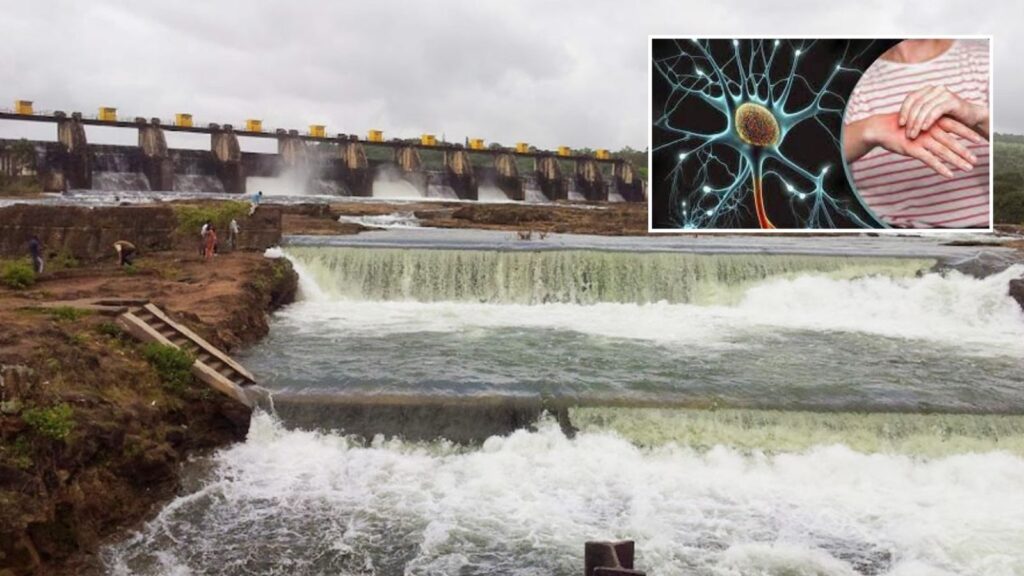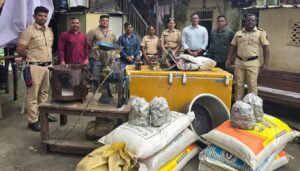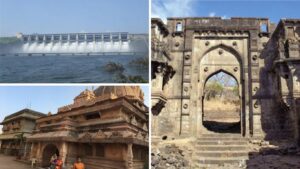Khadakwasla Water Deemed Unfit For Drinking After Health Lab Tests Reveal Contamination

Khadakwasla Water Deemed Unfit For Drinking After Health Lab Tests Reveal Contamination
Pune: The increasing number of Guillain-Barré Syndrome (GBS) cases in the city has prompted the health department to begin testing drinking water samples. A recent investigation by the State Public Health Laboratory found contamination in water from several sources, including the Khadakwasla Dam and nearby areas along Sinhagad Road. The presence of E. coli and coliform bacteria indicates that the water is unsafe for drinking without treatment.
The rise in GBS cases has raised concerns about the potential link to contaminated water, with 80% of patients being found in areas along Sinhagad Road. A total of 144 water samples from various locations in the city were sent for chemical and biological testing. Eight of these samples, including those from Khadakwasla, Sinhagad Road, and Pimpri-Chinchwad, were found to be unsuitable for consumption.
The laboratory identified E. coli and coliform bacteria in water from Khadakwasla Dam, Sinhagad Road, and Pimpri-Chinchwad, both of which are commonly found in the feces of warm-blooded animals. This suggests that the water sources have been contaminated by animal waste, making it dangerous for human consumption. Drinking this water poses a risk of bacterial infections and health issues.
Although the laboratory tests do not include Campylobacter jejuni, the bacterium responsible for GBS, there is a possibility that other harmful bacteria might be present in the water. However, no chemical contaminants were found in the water from Khadakwasla Dam. Authorities have stressed that any water showing bacterial contamination must undergo proper treatment before being consumed to ensure public health and safety.











